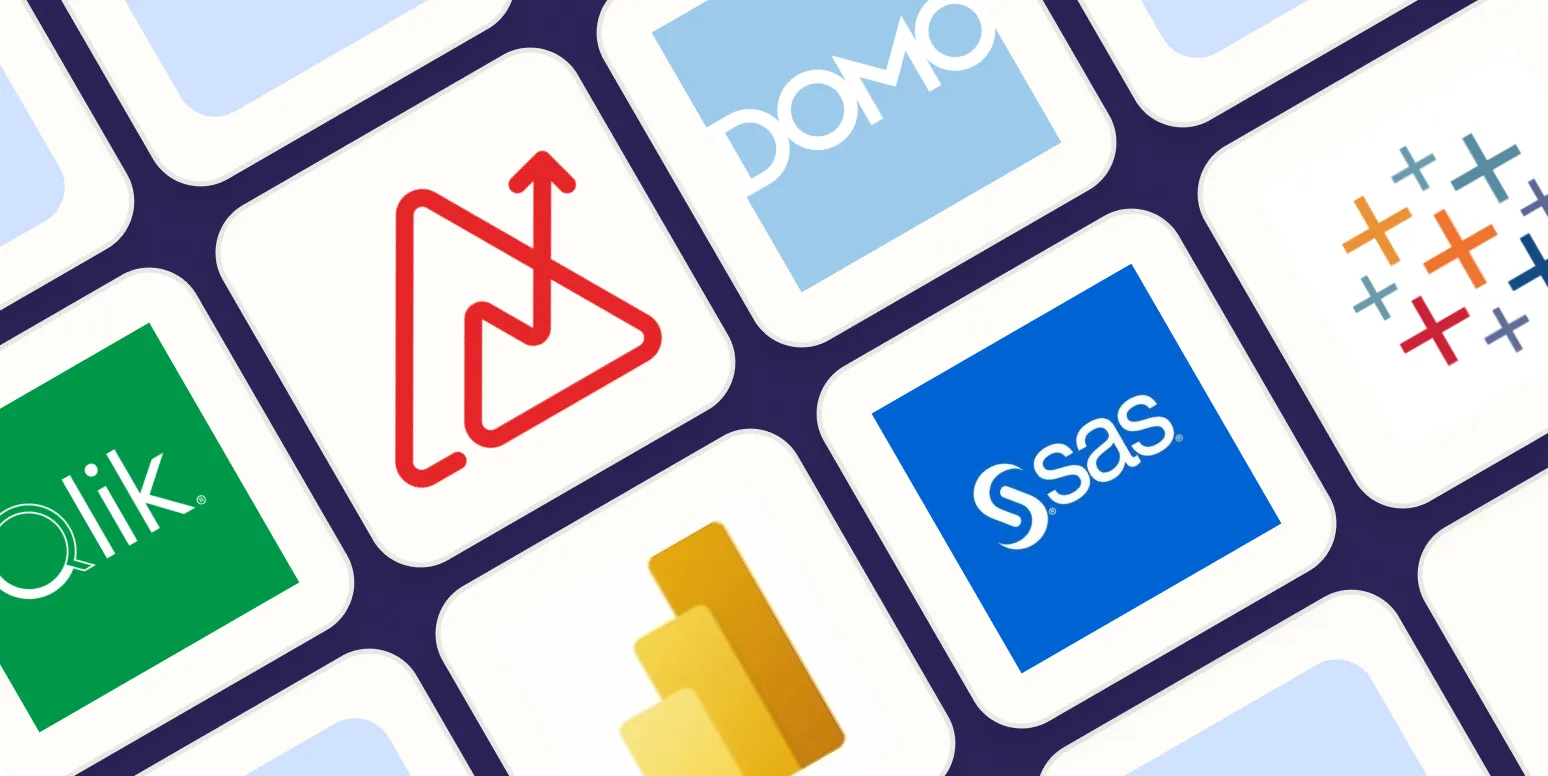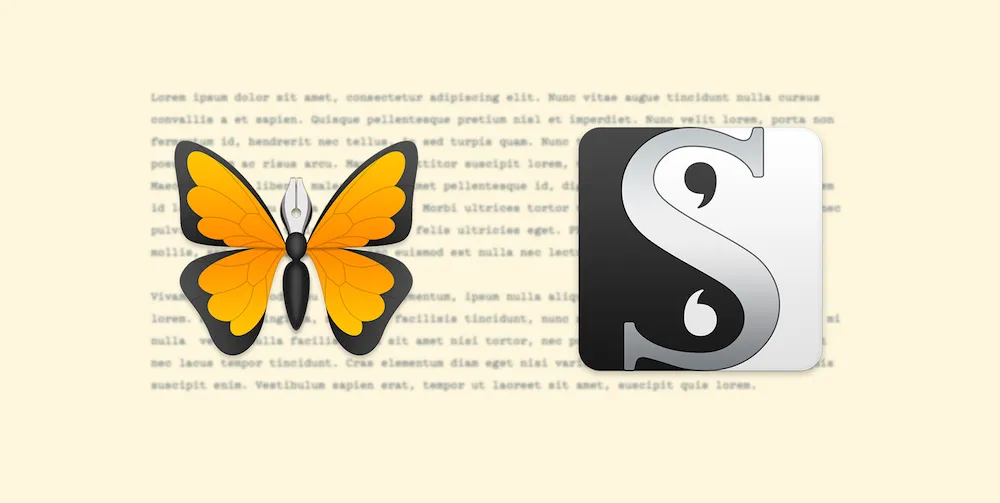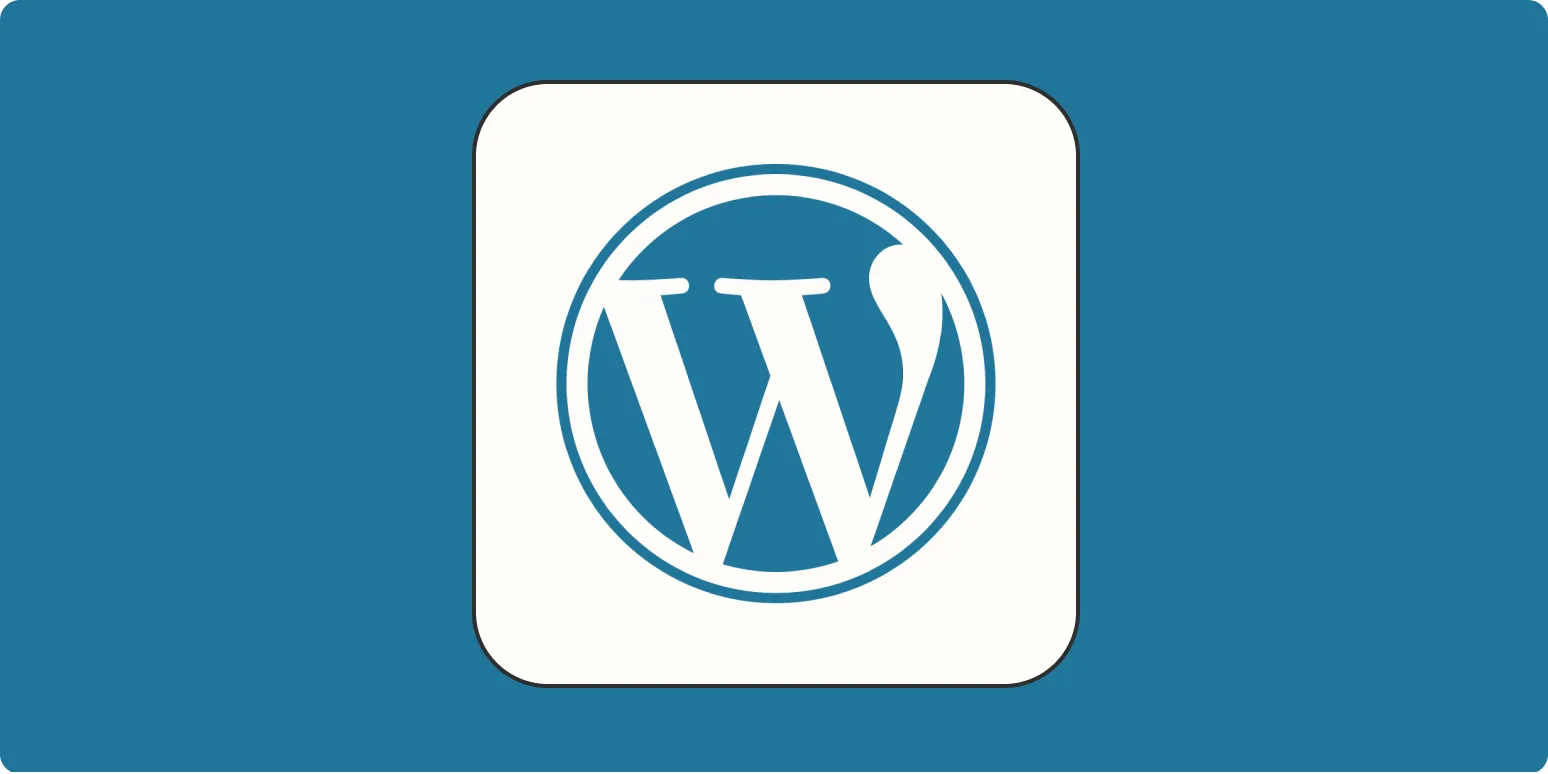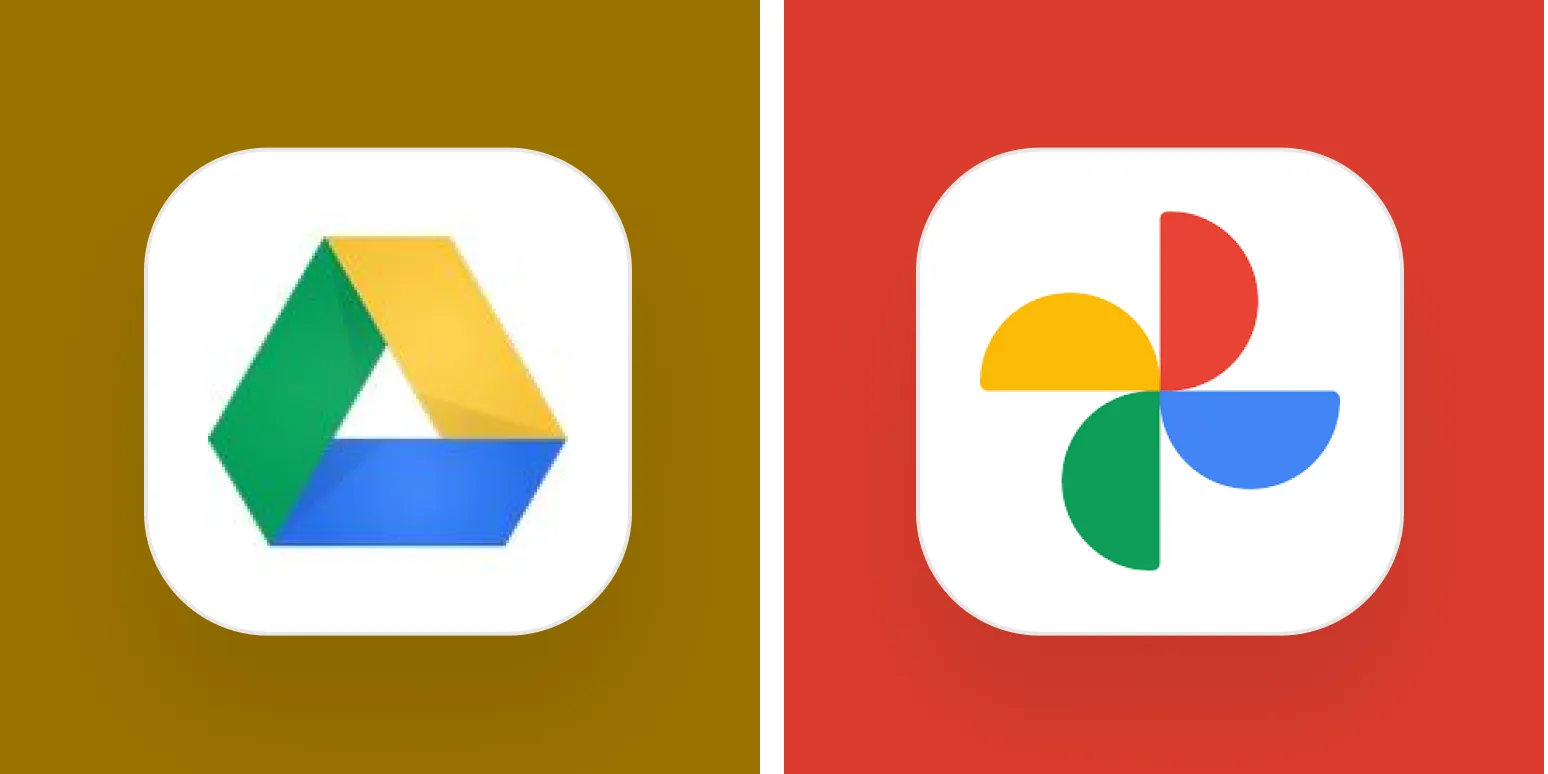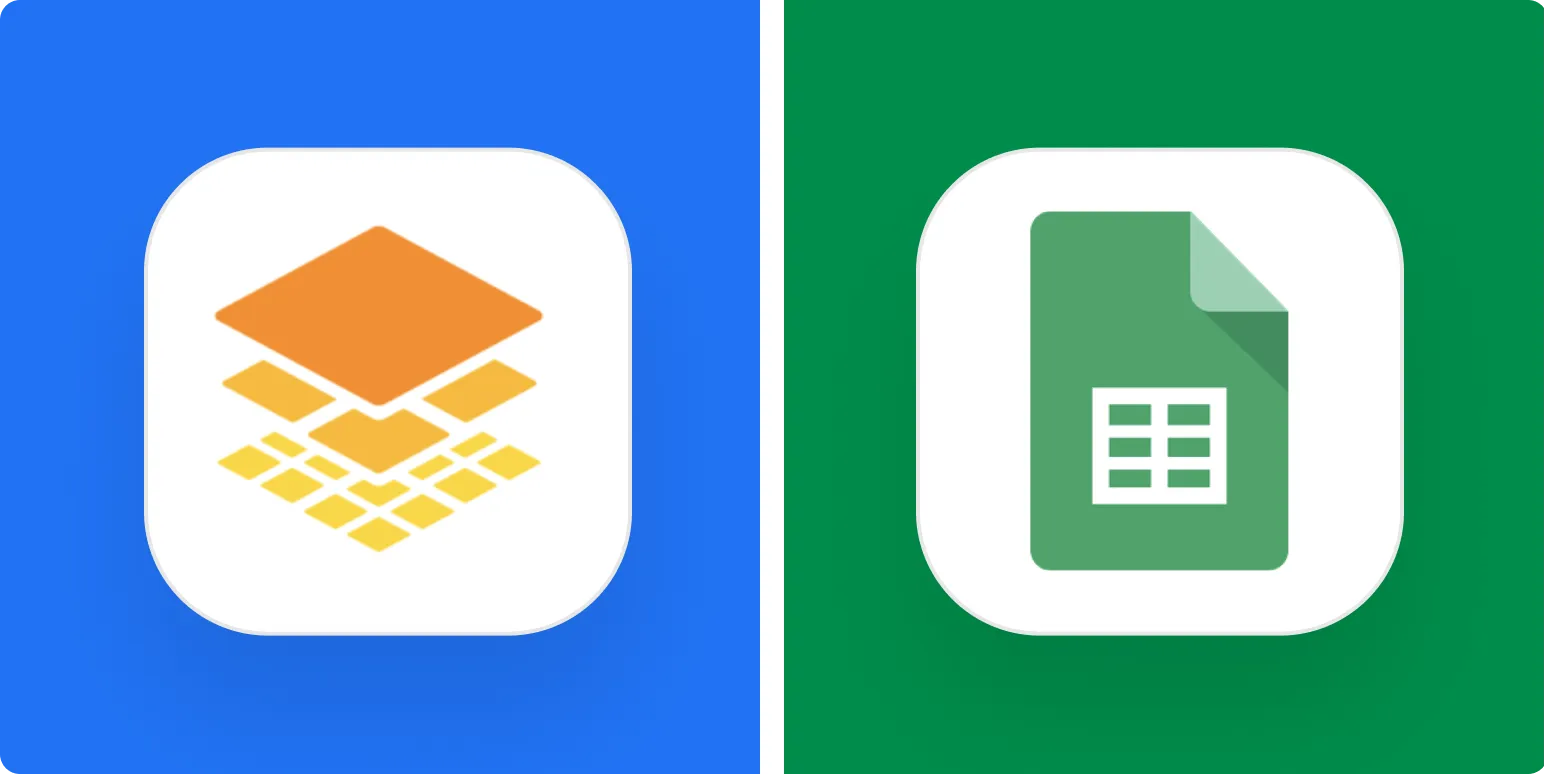When it comes to making informed business decisions, ''Business Intelligence (BI) software'' plays a crucial role. These tools help organizations analyze data, visualize insights, and ultimately drive better outcomes. With a myriad of options available, finding the best BI software for your needs can be overwhelming. Below, we will explore some of the top BI software solutions available today, along with their key features, benefits, and considerations.
1. Tableau
Tableau remains one of the most popular ''BI tools'' in the market. Known for its user-friendly interface and powerful data visualization capabilities, Tableau allows users to create stunning interactive dashboards that can be shared across the organization.
Key Features:
- Drag-and-drop interface for easy data manipulation
- Integration with several data sources, including spreadsheets and cloud services
- Real-time data analytics and collaboration features
Benefits: Tableau is excellent for organizations that prioritize visual data representation. Its strong community support and extensive resources make it easy for new users to get started.
2. Microsoft Power BI
Microsoft Power BI is a robust ''BI solution'' that seamlessly integrates with other Microsoft products. It offers a variety of data connectors, allowing users to pull data from multiple sources effortlessly.
Key Features:
- Customizable dashboards and reports
- Natural language query support for easier data exploration
- Mobile access to reports and dashboards
Benefits: Power BI is particularly beneficial for businesses already utilizing Microsoft services, as it enhances productivity and collaboration. Its pricing model is also favorable for small to medium-sized businesses.
3. Qlik Sense
Qlik Sense is a modern ''BI tool'' that emphasizes self-service data visualization. It empowers users to explore data freely and uncover insights without relying heavily on IT support.
Key Features:
- Associative data model for in-depth analysis
- Smart visualizations that adapt to user interactions
- Collaboration tools for teams to share insights easily
Benefits: Qlik Sense is ideal for organizations that value data-driven decision-making. Its user-friendly approach allows non-technical users to engage with data effectively.
4. Looker
Looker is a cloud-based ''BI platform'' that offers advanced analytics capabilities. It is designed for modern data workflows and provides a powerful data modeling layer.
Key Features:
- Integrated data modeling for consistent metrics
- Real-time analytics and embedded BI features
- Collaboration tools to share insights and dashboards
Benefits: Looker is suitable for tech-savvy organizations that require a flexible data infrastructure. Its capabilities are particularly advantageous for data teams and analysts.
5. Domo
Domo is a cloud-based ''BI software'' that focuses on providing an all-in-one business dashboard. It helps organizations visualize their data and track performance metrics in real-time.
Key Features:
- Customizable dashboards with drag-and-drop functionality
- Integration with numerous data sources and applications
- Collaboration and sharing tools for teams
Benefits: Domo excels in providing a comprehensive view of business performance, making it a great choice for organizations looking to streamline their analytics efforts.
Comparison Chart of BI Software
| Software | Key Features | Best For |
|---|---|---|
| Tableau | Drag-and-drop interface, real-time analytics | Visual data representation |
| Microsoft Power BI | Customizable dashboards, natural language queries | Microsoft ecosystem users |
| Qlik Sense | Associative data model, smart visualizations | Self-service analytics |
| Looker | Data modeling, real-time analytics | Tech-savvy organizations |
| Domo | All-in-one dashboard, collaboration tools | Streamlined performance tracking |
Final Thoughts
Choosing the right ''BI software'' is essential for harnessing the power of data in your organization. Each of the tools mentioned above offers unique features and benefits tailored to different business needs. When selecting a BI solution, consider your organization’s size, existing technology stack, and specific analytics requirements. By investing in the right BI software, you can empower your team to make data-driven decisions that propel your business forward.

